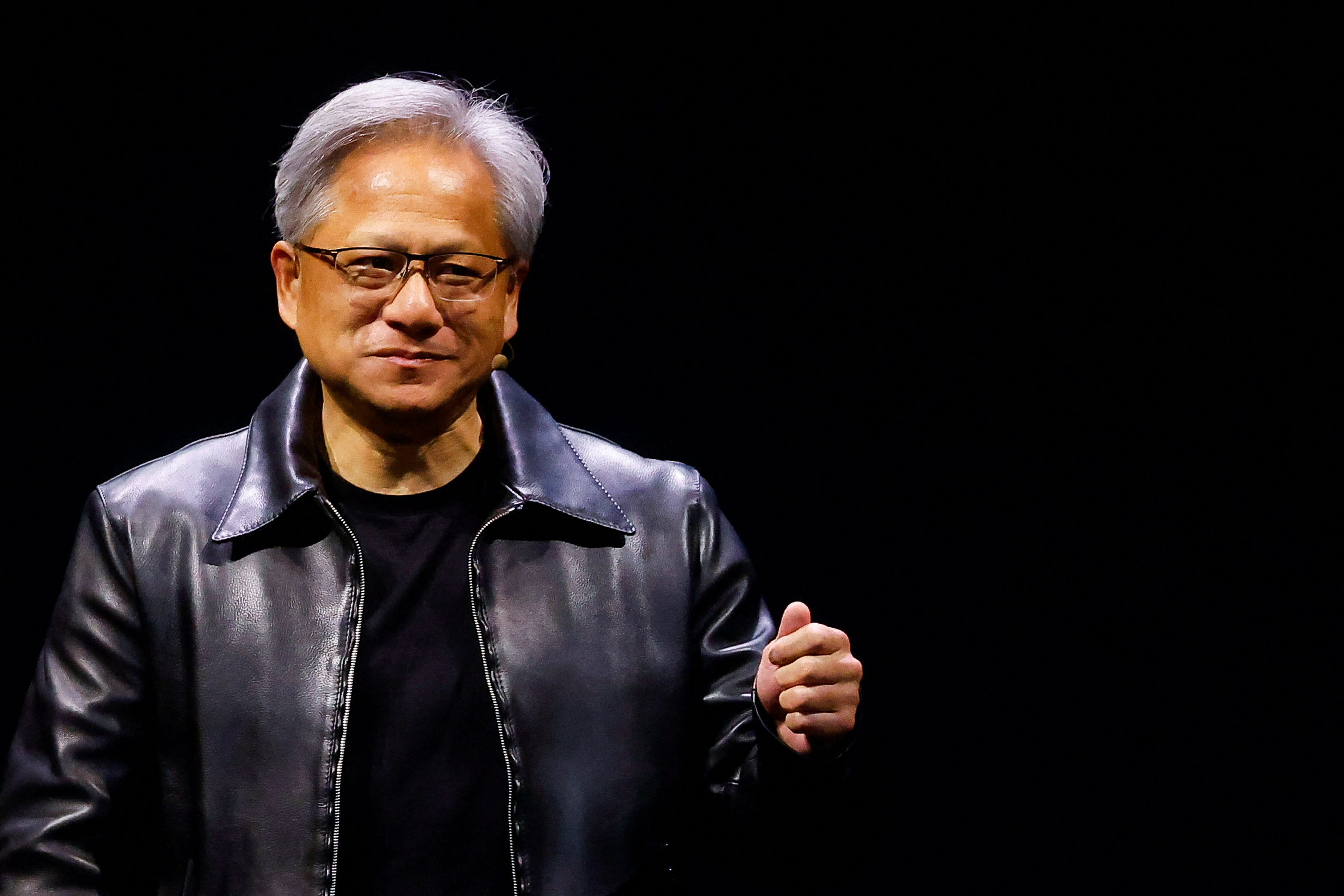“We Need the Brightest Minds” — Huang & Altman Defend $100K H-1B Fee

Nvidia CEO Jensen Huang and OpenAI CEO Sam Altman have publicly defended the Trump administration’s new $100,000 fee for **new** H-1B visa applications. While many in tech and immigrant communities have reacted strongly against the fee, Huang & Altman argue it is necessary to attract and retain top international talent.
Quick Insight: The defense by these prominent tech leaders highlights a split in how the industry views the fee: some see it as a barrier, while others consider it a way to enforce quality, selectivity, and ensure only the “brightest minds” are drawn to the U.S. tech ecosystem.
What Jensen Huang Said
• Huang emphasized that *“immigration is the foundation of the American Dream”*, arguing that allowing skilled global talent into the U.S. is essential for innovation, growth, and technological leadership.
• He frames the fee not as exclusionary, but as part of making the system more intentional, filtering for high-value contributions.
What Sam Altman Said
• Altman echoed the need for “smart people” to further AI and technological advancement. He supports aligning incentives and believes paying a higher fee could help ensure only serious, high-potential applicants use the H-1B path.
• He also argued that such measures can help maintain the U.S.’s competitive edge in global tech leadership.
Controversy & Criticism
• Critics argue the fee is prohibitively expensive for many foreign applicants, especially from countries with lower average income, and may hurt diversity in tech.
• Concerns that smaller firms and startups may be disproportionately affected, unable to bear the cost of hiring international talent.
• Questions whether the policy will reduce abuse of the system or simply raise barriers without improving outcomes.
Why This Stance Matters
• These tech leaders have significant influence; their support may shift public and political debate around the fee.
• It signals that some parts of the tech industry believe stricter selection under H-1B could produce higher value outcomes.
• This could affect hiring policies, immigration law discussions, and how companies budget for international recruiting.
• It also deepens the divide between those emphasizing access and inclusion vs those stressing competitiveness and selectivity.
Final Thoughts
The defense of the $100,000 H-1B fee by Jensen Huang and Sam Altman reflects a viewpoint: that immigration must be strategic and meritocratic.
For potential applicants and tech workers, this signals a shift: cost and selectivity may become bigger parts of how global talent landscapes evolve.
It remains to be seen whether this balance of exclusivity (fee) and access (talent inclusion) will yield better innovation outcomes — or inadvertently suppress opportunity for many.
Tip: If you’re affected by this policy (aspiring H-1B applicant, recruiter, or employer), keep track of how policy gets implemented, whether exemptions or scaled fees emerge, and how companies adapt their hiring models in response.
